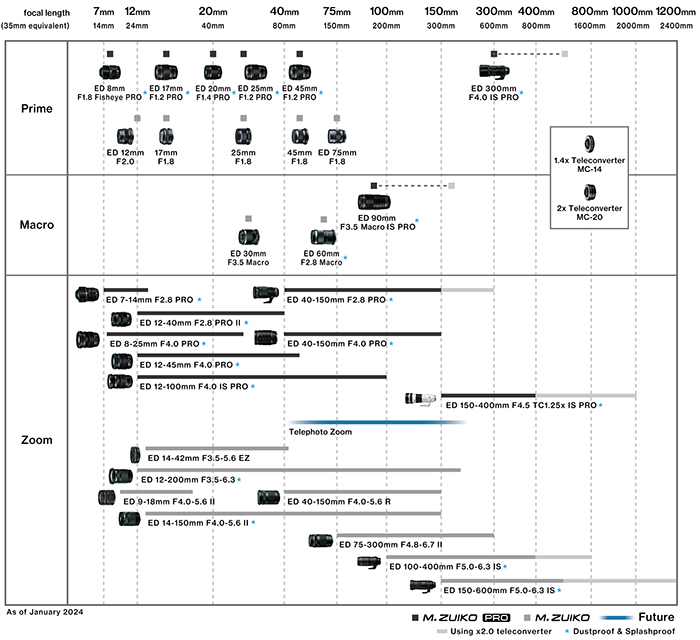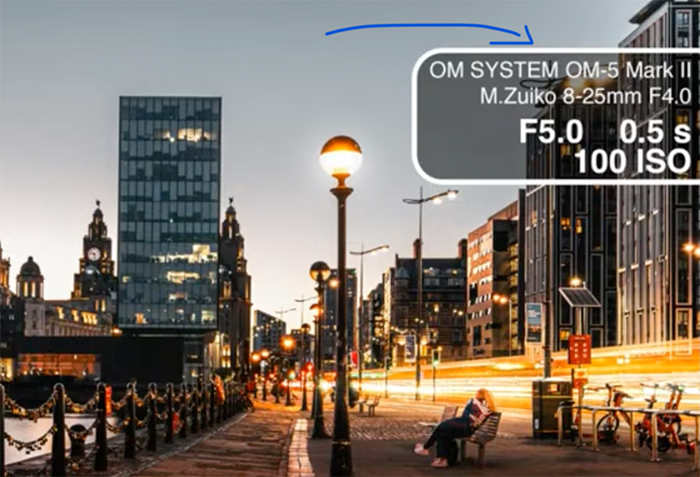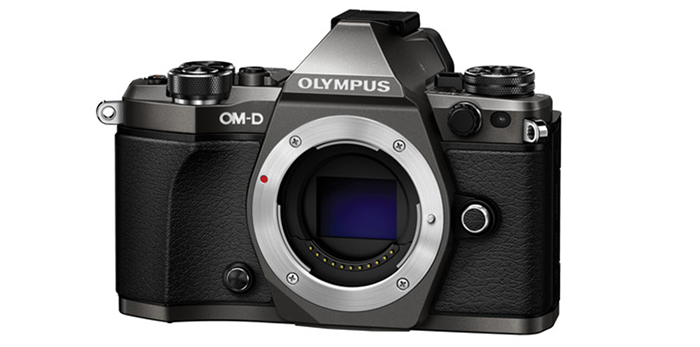Focus Numerique posts a G1/GH1/GF1/E-P1 ISO comparison table!
Visit the Focus Numerique website to see the ISO comparison table. The website is written in french but you don’t really need to know the language. Just look the pictures!
http://www.focus-numerique.com/test-97/panasonic-g1-test-bruit-electronique-12.html
For those who do not speak french here you have the google translation in english:
“After some tests with a non-permanent housing, we invite you to explore new photos taken in the classic conditions of our tests. GF1 The Panasonic does not offer several levels of noise reduction and we just played with the correction of brightness to see its influence on the management of electronic noise at high sensitivities. As usual, you can view images in full definition by clicking on the thumbnails and download the raw file format (RW2).
As on the previous model, the electronic noise is well managed up to ISO 800, the sheep is certainly noticeable at ISO 200 and 100% on screen, but it is virtually indistinguishable on an HDTV monitor 1080 in full screen or an A4. The grain is, logically, more and more prevalent with the increase in sensitivity, but images remain many details until ISO 800 and prints are perfectly usable even in A3 +. We note, however, the presence of flat colors in the uniform areas (already observed at ISO 400 on screen at 100%).
Beyond ISO 800, the colored bands are more visible, but at ISO 1600 the images were still holding. At ISO 3200 things are a bit more complicated: the grain is coarser and more colorful (always in the form of strips). The details are somewhat diluted, but with a bit of post scanning (with raw files in particular), it is possible to have more than respectable results on a A3 +.
With the brightness correction enabled, the presence of electronic noise is more pronounced in standard mode, the pixels are more colorful and visible images at 1600 ISO less convincing. In high mode, the sheep is much more visible and details deteriorated to 1600 and especially ISO 3200. Use sparingly so … “



